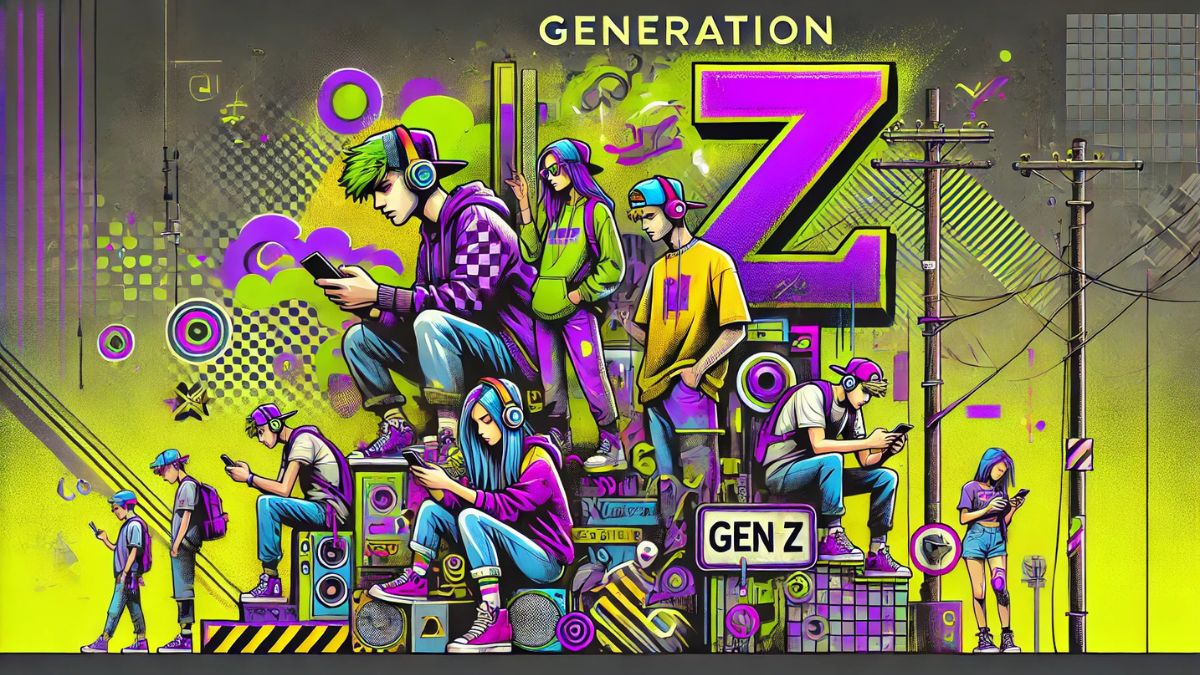
Generation Z or Gen Z has radically transformed consumer behavior. For those born between 1997 and 2010, the traditional “price-quality” logic is no longer enough. This generation buys with heart, conscience, and identity.
The dossier “Generation Z in the era of digital information”, published by Statista, confirms that social, environmental, and ethical values carry more weight in their purchasing decisions than for any previous generation. In a world marked by climate crisis, inequality, and polarization, purpose-driven marketing is not an optional strategy: it’s the only one that works.
ALSO READ. What are the world’s most valuable car brands in 2025, according to Kantar?
Why does Gen Z demand so much from brands?
According to the study, Generation Z is the most skeptical and watchful when it comes to brands. Only 22% of its members in the U.S. trust them, compared to 46% of baby boomers. This distrust doesn’t stem from cynicism, but from context: they grew up exposed to economic crises, pandemics, climate change, digital misinformation, and global social movements.
This environment shaped a generation that is highly critical, informed, and empowered, unafraid to punish a brand for inconsistencies or hypocrisies. One misstep, and Gen Z will unfollow you, boycott you, or turn you into a meme.
ALSO READ. 10 Key Facts About Artificial Intelligence Every Marketer Should Know
Purpose outweighs price
Despite having limited purchasing power —with average household incomes of $50,000 annually—, Gen Z is willing to pay more for brands that reflect their values. The causes that most influence their purchases, according to Statista, are:
- 🟩 Eco-friendly packaging: 39%
- 🐾 Animal welfare: 34%
- 🌿 Natural or organic products: 33%
- 🧑🏽🤝🧑🏻 Social justice and diversity: 27%
- 🇺🇸 Local production (Made in the USA): 26%
- ☀️ Renewable energy: 23%
These figures reveal a radical shift: it’s no longer enough to claim your product is “the best.” It must be the most ethical, fair, transparent, and aligned with the social struggles that Generation Z embraces.
From consumers to activists
Gen Z doesn’t just want to buy products. They want to support causes. They expect brands to:
- Shed light on injustices
- Take a stand on difficult issues
- Act, not just talk
- Be consistent throughout their entire value chain
For example, a Pride Month post isn’t enough if the company lacks internal LGBTQ+ inclusion policies. Rainbow-washing campaigns are harshly punished.
The same applies to environmental issues: 60% of Gen Zers say they have stopped consuming a brand because they considered it unsustainable.
Authenticity is the new currency
For a brand to connect with this generation, it must build an authentic narrative. The Statista study reinforces that trustworthy influencers, small businesses, and citizen voices have more credibility than large corporations.
This is because:
- 46% of Gen Z begins their information search on social media, not on Google
- They prefer to hear from people like them, not ads
- They seek connections, not marketing speeches
That’s why user-generated content (UGC) campaigns, real brand ambassadors, and transparent community actions have more impact than any million-dollar TV ad.
Inspiring examples: brands with real purpose
While many fall into opportunism (woke marketing), some brands have understood the message and built lasting relationships with Gen Z:
- Patagonia: not only sells sustainable clothing, but reinvested its profits to fight climate change. Result: it became a lovemark for the green generation.
- Ben & Jerry’s: its political and racial activism has been consistent, even amid controversy. They are not afraid to take a stand.
- The Body Shop: a pioneer in cruelty-free and fair trade practices. It has stayed true to its message for decades.
These brands have shown that purpose is not a marketing trend, but a corporate culture.
What does it mean to do purpose-driven marketing?
It’s not just about changing your logo’s color on certain dates. Purpose:
- Must be in the company’s DNA, not just in its advertising
- Must translate into concrete actions, measurable and consistent
- Must be lived internally, with inclusive policies, diverse leadership, and ethical practices
And above all, it must be communicated without paternalism or the spectacle of suffering. Gen Z knows when you’re selling them causes — and when you’re truly part of them.
ALSO READ. Goodbye to Google as the leading product search engine: Amazon and marketplaces are replacing it.
There is no marketing without values
The Statista study is clear: Gen Z is not buying your product, they’re buying what your brand stands for. And if your brand stands for nothing —or worse, goes against their principles—, it will vanish from their digital radar.
Marketing in this decade demands responsibility, courage, and consistency. Because for Generation Z, purpose is not a trend: it’s a filter. Only the brands that truly dare to be part of the change will pass through.










